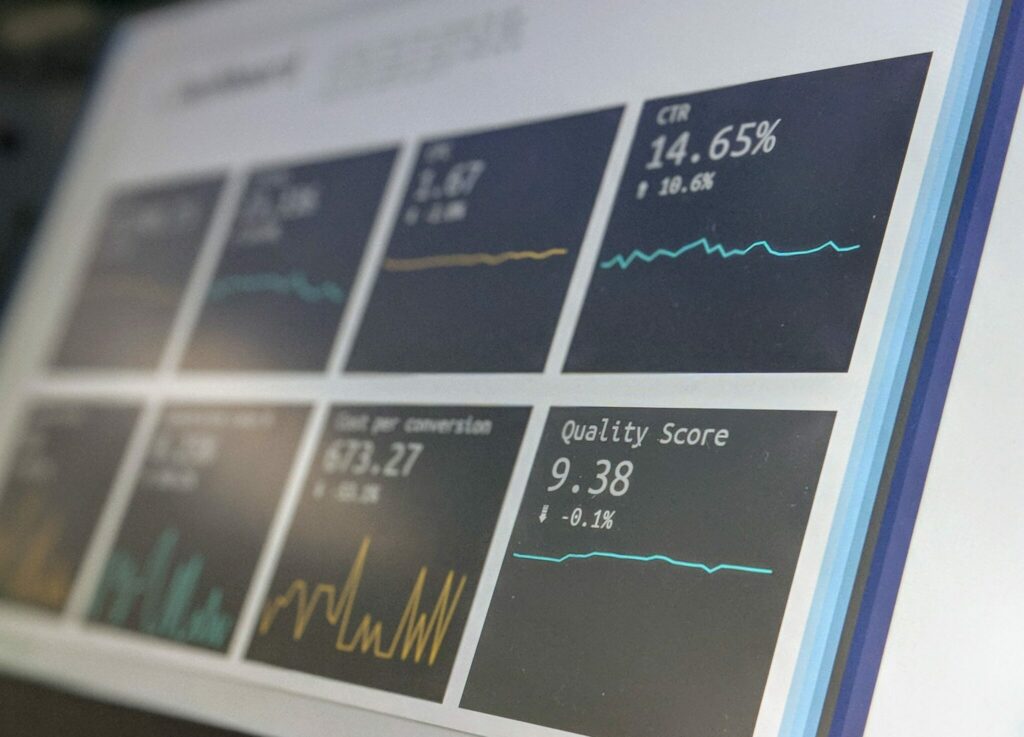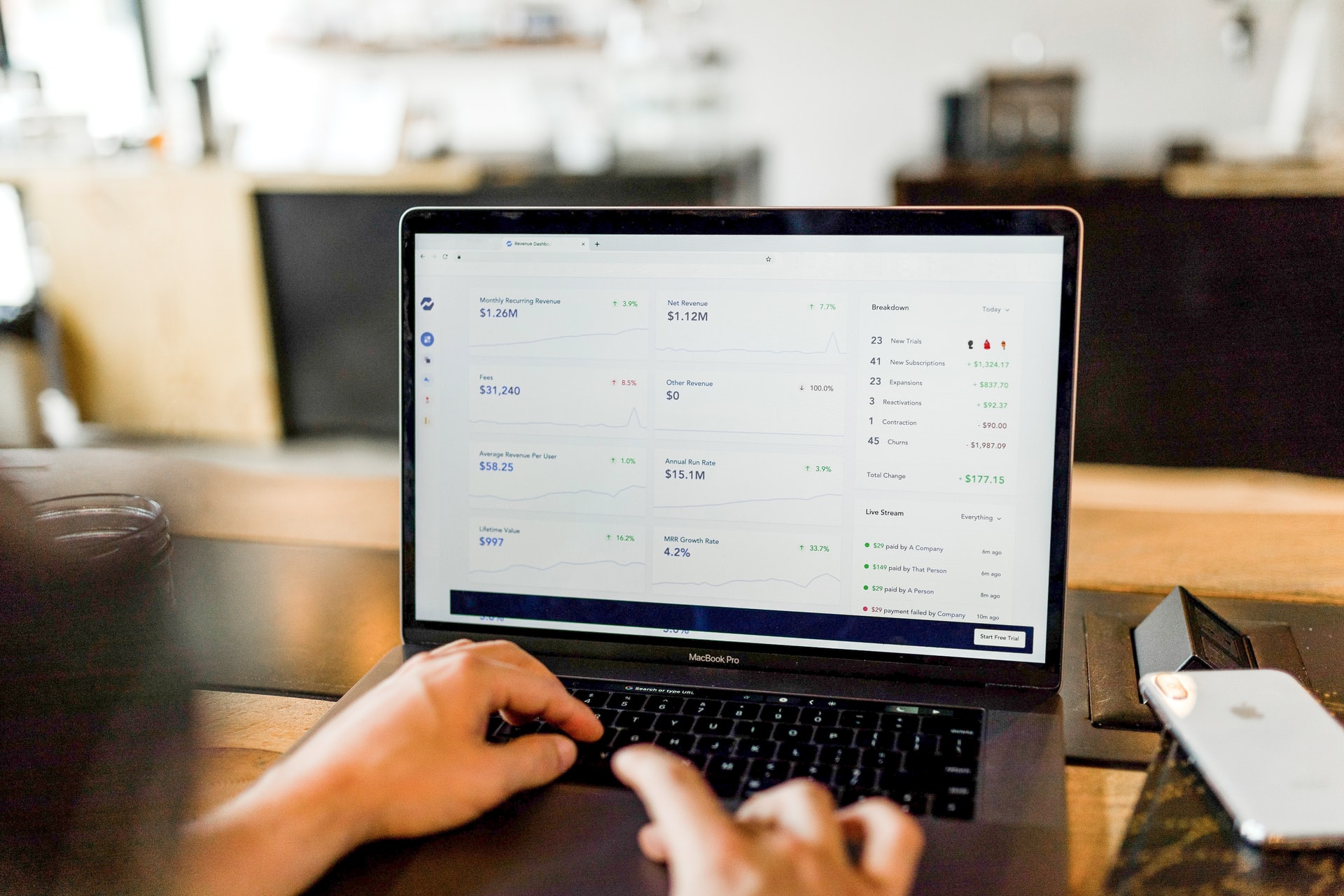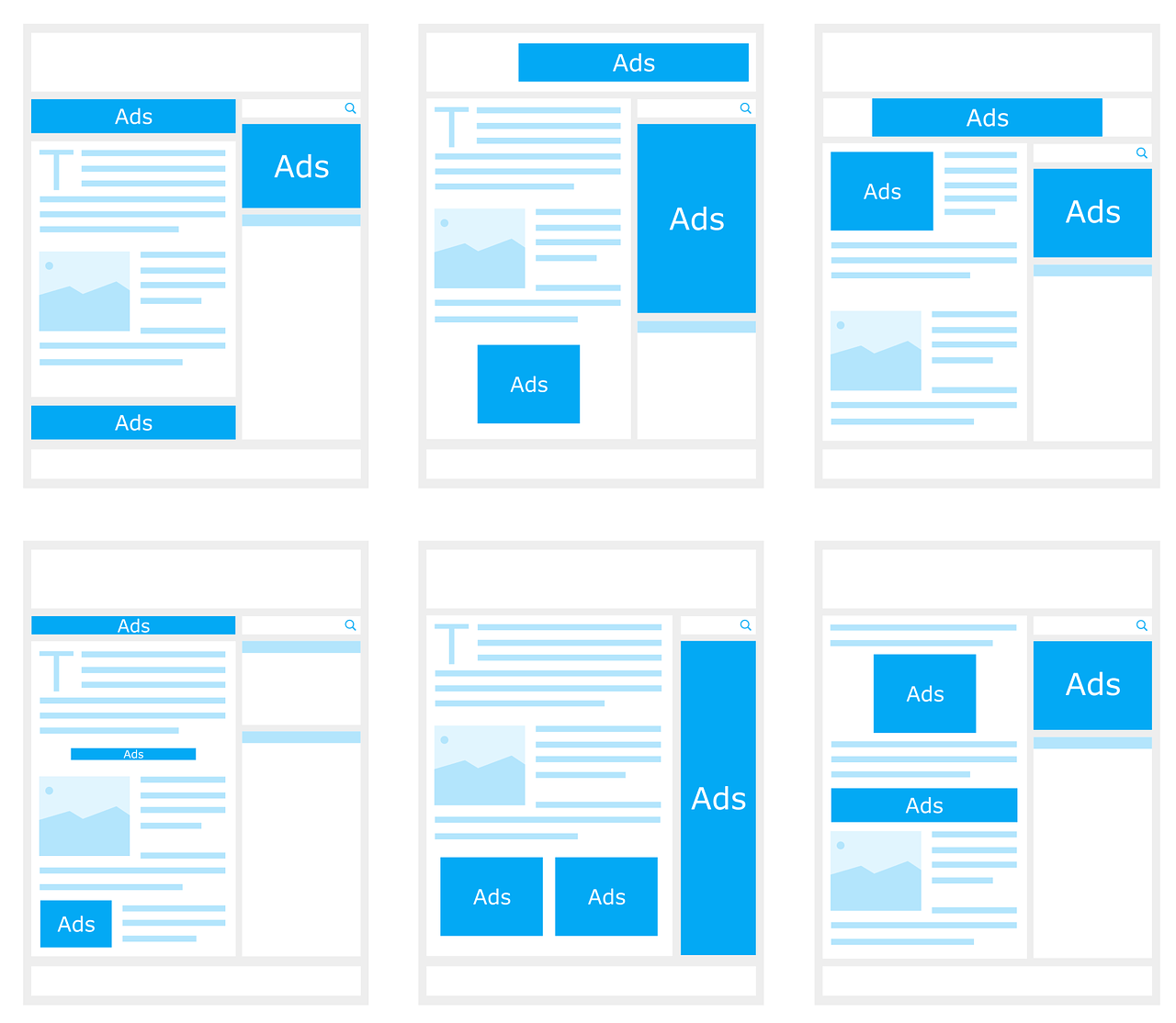Table of Contents
A strategic digital marketing campaign doesn’t rely on just one tactic. Organic search may reign supreme but it isn’t the end-all-be-all solution to a greater revenue stream.
If you want to grow your website’s visibility online, increase traffic to your site, and convert clicks into conversions — Google Ads or Adwords and PPC management can help you accomplish those goals and more. But even though many businesses have PPC management as a powerful weapon in their marketing arsenal, Google Ads is still a platform that eludes many digital marketers.
As a trusted Google Ads expert agency, we help you explore the complexities of Google Ads in this article.
What is Google Ads?
Google Ads is a PPC management platform under the paid advertising and marketing channel. As an advertiser, you pay Google a specific amount of money each time someone clicks on your ad, hence the term PPC or pay per click. Setting up the ads online is free. The costs are incurred only when users engage or interact with your ad.
Google Ads allows you to create and post well-timed ads (both desktop and mobile) aimed at your target audience. This means your business or website will show up on the search results the exact moment your target customers are looking for products and services like yours. Ads from the platform can show up on other channels too, such as the Google Display Network, Blogger and Youtube.
No matter the size of your business or budget, you can tailor the ads to suit your available resources. Google Ads provides advertisers with the opportunity to stay within their monthly cap. You can also stop or pause your ad spending any time.
Why Use Google Ads for PPC Campaign Management?
Now, onto another important question: Why should you advertise on Google Ads? Is the platform really effective?
Any Google Ads expert agency will say yes, but let’s provide you with some statistics from authority sites such as Moz, Statcounter, Hubspot, and Google:
- Google has over 92% of the global search engine market share.
- Users who click on ads on Google are 50% more likely to purchase and convert than those who land on the website through organic search results.
- Display ads on Google yield approximately 180 million impressions each month.
- For ready-to-buy customers, paid ads on Google get 65% of the clicks.
- Advertisers make an average of $8 for every $1 they spend on Google Ads.
There’s no doubt that Google is the king of search engines. It receives over 5 billion search queries in a day. People from all around the world use Google to ask questions, including your customers. You can answer their search queries with your paid ads. Additionally, Google Ads, formerly known as Adwords, is a PPC management platform that’s been around for nearly two decades. In the area of paid advertising, it definitely has seniority, authority and trust. That’s why Google Ads is the go-to platform of any expert agency when it comes to PPC campaign management.
Google Ads is definitely an effective platform to drive good-fit customers, or qualified traffic, to your business. With optimised PPC campaign management from a Google Ads expert agency, you can create a high-ROI marketing strategy, boost your site traffic, get more calls, and even increase your in-store visits.
Google Ads Terms to Know
These common Adwords and PPC management terms will help you set up, manage and optimise your paid ads. Most of these are specific to Google Ads, while others are related to PPC management in general. Either way, knowing these terms will help you with effective PPC campaign management.
AdRank
Your AdRank determines the placement of your ad. The higher the value of your AdRank, the better you’ll rank. Once you rank higher on the search results, the more eyes who will see your ad, and the higher the probability of users clicking on your ad and converting. Your AdRank is determined by your ad’s Quality Score multiplied by your maximum bid.
Bidding
The Google Ads platform is based on a bidding system, where advertisers decide on a maximum bid amount, or the amount they’re willing to pay for each click on their ad. Of course, the higher your bid, the better your placement. There are three options for bidding:
- CPM – cost per mille; the amount you’ll pay when your ad is shown to a thousand people
- CPC – cost per click; the amount you’ll pay for every click on your ad
- CPE – cost per engagement; the amount you’ll pay when someone actively engages with your ad
You also typically bid on keywords, otherwise known as the words, terms, or phrases that online users type into the Google search bar. With Google Ads, an expert agency will choose keywords they believe your target audience uses when searching for information related to your business.
Keywords
Whenever a user types a search query, Google returns with a range of results that match the user’s search intent. Keywords are words, terms or phrases that align with a searcher’s query.
To ensure effective PPC campaign management, it’s best to select keywords based on the queries you want to rank for, or queries you want to display your ad alongside. For instance, if a searcher types “PPC services near me,” you will see results for ads with targeted keywords such as “paid advertising services” or “PPC marketing solutions.”
Quality Score
The Quality Score of your ad is determined by your ad’s click-through rate (CTR), the quality of your landing page, the relevance of your keywords and your past performance on the search engine results. As mentioned before, your Quality Score is a determining factor in your overall AdRank.
Click-Through Rate (CTR)
Your CTR is the number of clicks your ad receives as a proportion of the number of views or impressions it gets. A higher CTR is an indication that your ad targets relevant keywords and matches search intent.
Campaign Type
Before you begin PPC management on Google Ads, you’ll have to select among three types of campaigns: search, display or video.
- Search ads – text ads that show up as search results on Google
- Display ads – image-based ads shown on web pages within the Google Display Network
- Video ads – ads between 6 and 15 seconds that appear on YouTube
Display Network
Google ads can be displayed on either the search results or on web pages within the Google Display Network. The Google Display Network is exactly what its name implies — a network of websites that allow space on their pages for Google Ads. These ads are typically image-based and displayed on pages with content that’s relevant or related to your target keywords.
Best Practices by a Google Ads Expert Agency
Do you want to advertise successfully on Google? It’s all about making sure your PPC management is performing well. Let’s explore some of the best practices when it comes to PPC campaign management.
Keep an eye out on competitors
Nearly every business that’s online wants a piece of prime real estate on Google. Tap into your Auction Insights report to see what kinds of promotions or deals your competitors are running. You can also use tools such as SEMRush or SpyFu to get a quick estimate on the budgets of your competitors. However, don’t rely too much on the figures. It’s better to pay attention to the trends when planning for your ad spend and PPC management.
Avoid broad keyword terms
When it comes to your keywords, you really need to nail them to run successful PPC ads. If your keywords are too broad, Google may place your ad in front of the wrong audience, resulting in fewer clicks and a waste of your ad spend.
If you’re already running a PPC campaign, review the keywords that are generating clicks and then adjust them to match ads with your ideal audience. If you don’t get the right mix the first time, keep removing, adding and tweaking keywords until you do.
Optimise your ad landing page
Your Adwords and PPC management efforts shouldn’t stop with your ad. Keep in mind that the experience of users after they click on your ad is equally important.
What does a user see after they click on your ad? Is your landing page optimised for conversions? Does the page answer their question or solve their pain points? Review your landing page and ensure there’s a seamless transition from click to conversion.
Perform A/B testing
Considering that Quality Score is based mostly on the CTR of your ad, it’s best to figure out which ads tend to perform best. Fortunately, there’s a built-in A/B testing feature on Google ads that lets you make the right decisions and constantly improve your ads. A/B testing helps you gather high-quality data, test your hypothesis about certain ads and then use the insights that you gather to achieve higher conversion rates.
Start Your PPC Journey with a Google Ads Expert Agency
Given its authority and reach, Google Ads should be a part of your PPC management strategy. Use the terms and tips we mentioned to get started, and then remember to refine your campaign as you go.
Of course, it’s also best to leave Google Ads to an expert agency like SEO Services Australia. If you want to reach ready-to-buy customers and turn clicks into conversions, don’t hesitate to contact us today.


